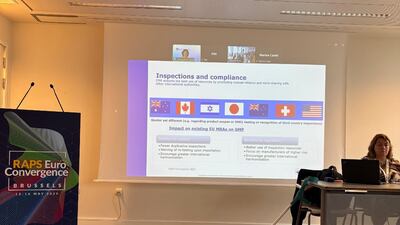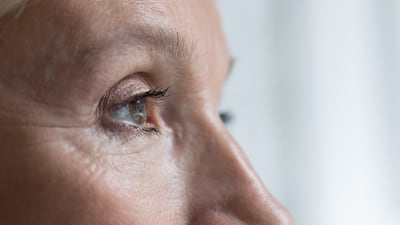BrainStorm Cell Therapeutics Inc. is citing the regulatory environment, the US Food and Drug Administration’s “urgency” on drugs for amyotrophic lateral sclerosis, as well as a newly corrected subgroup analysis for a secondary endpoint in its Phase III trial, in explaining why it plans to seek approval of the stem cell therapy NurOwn.
The success of a biologics license application submission would seem to face long odds given the Phase III trial failed...







